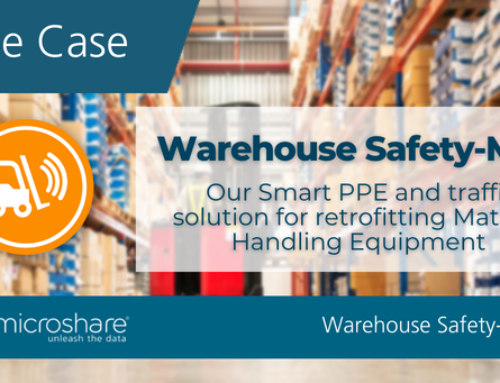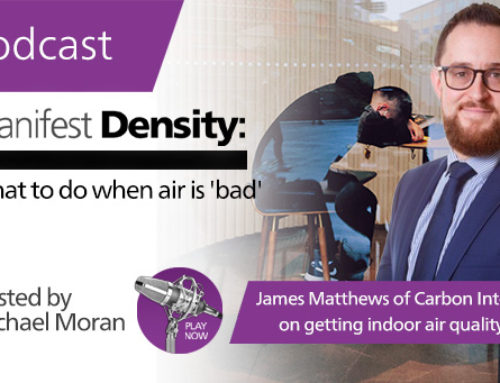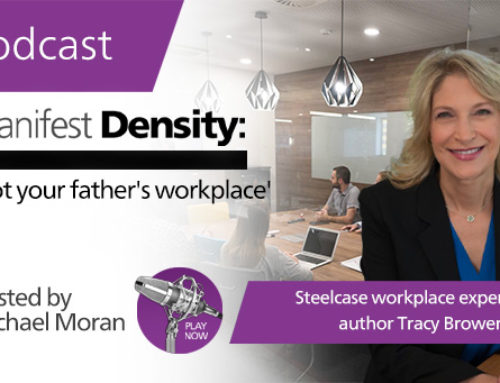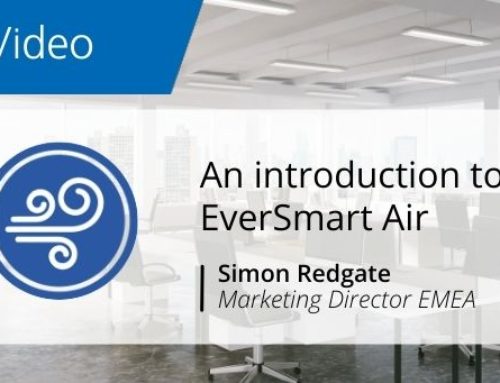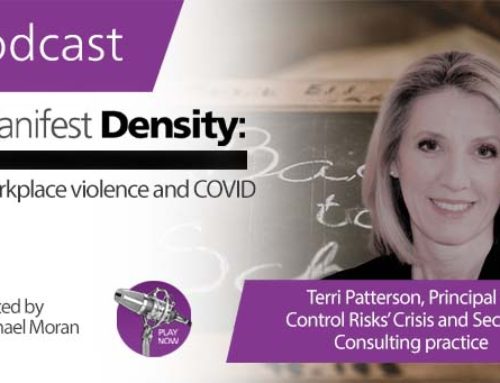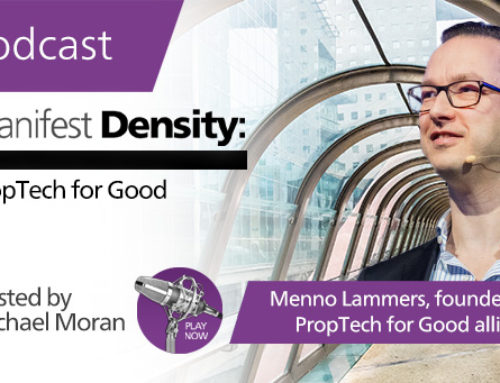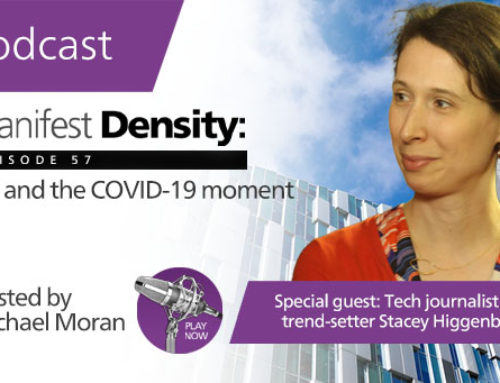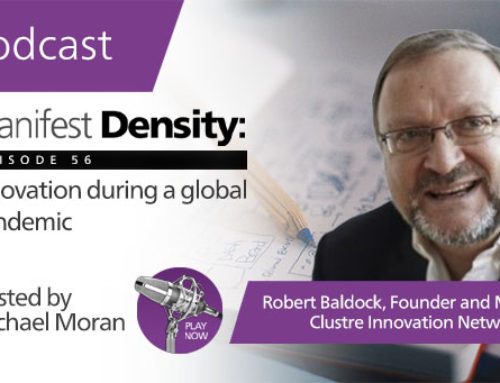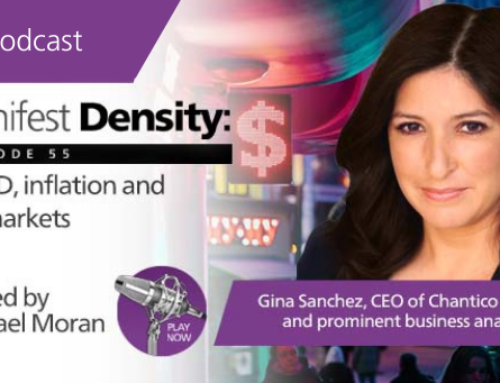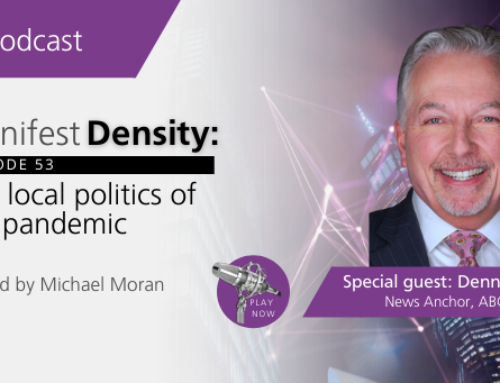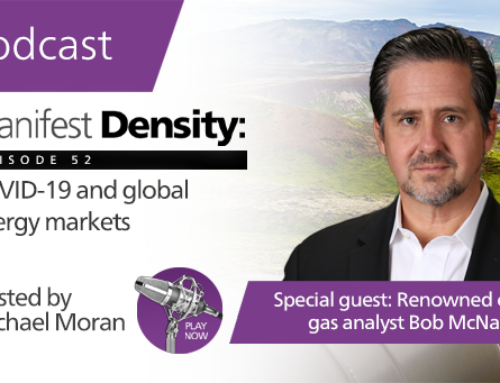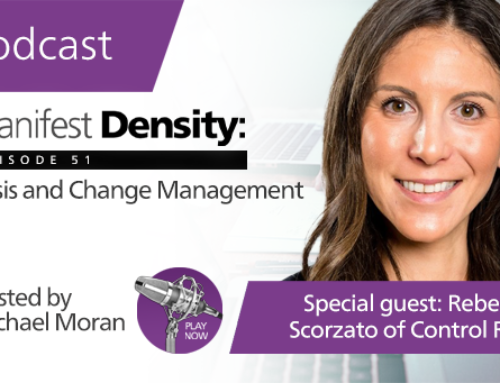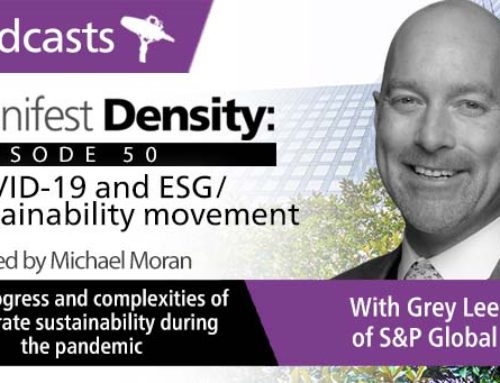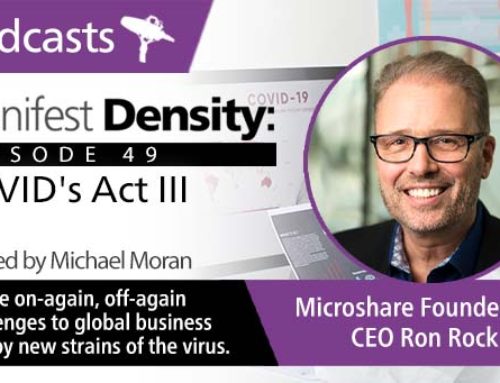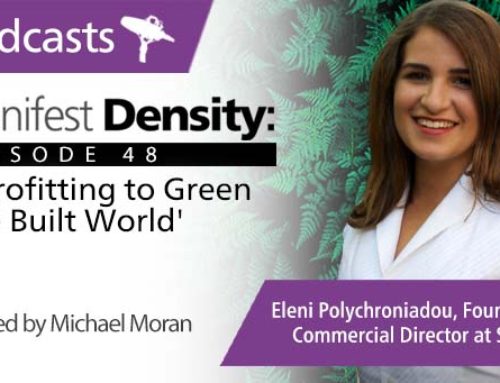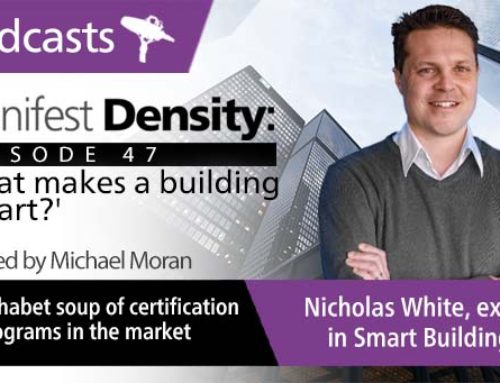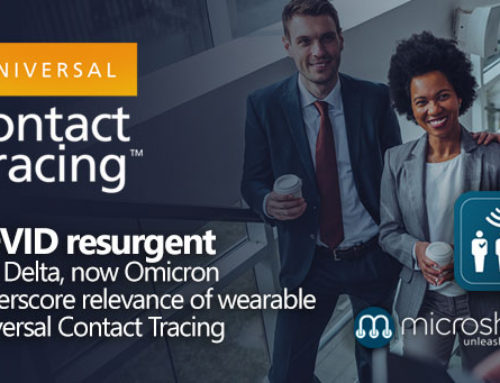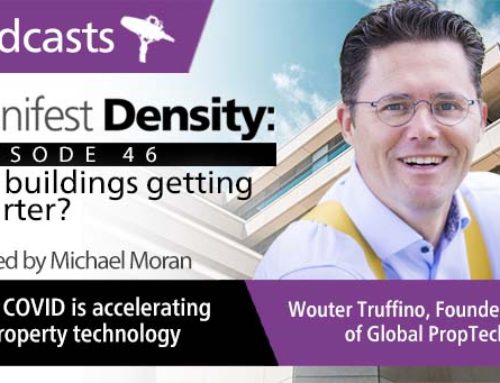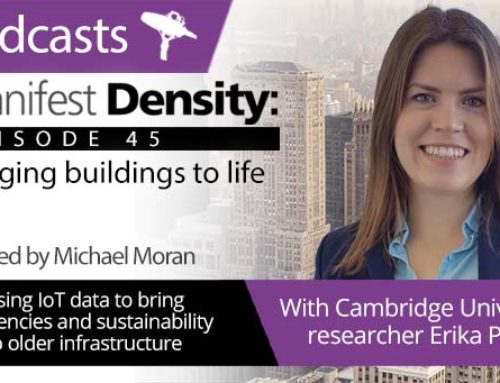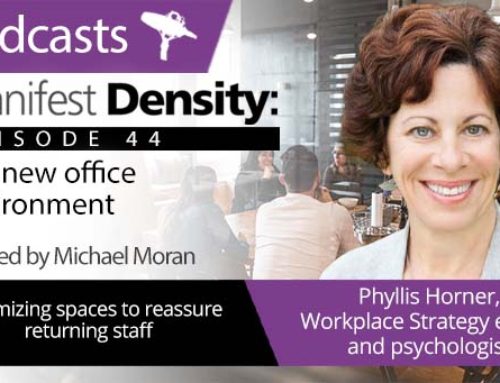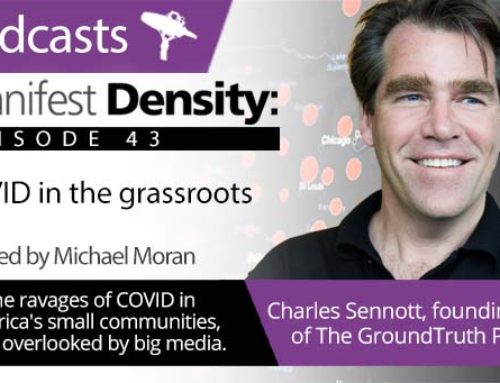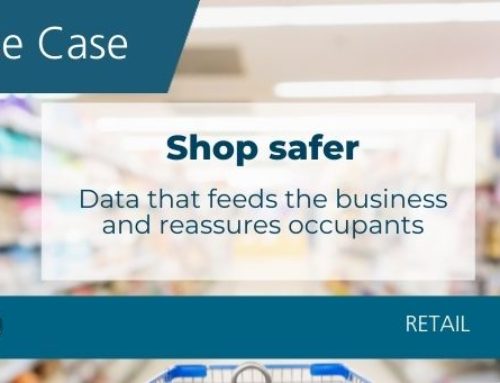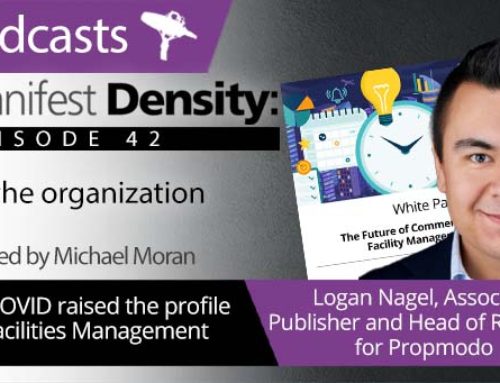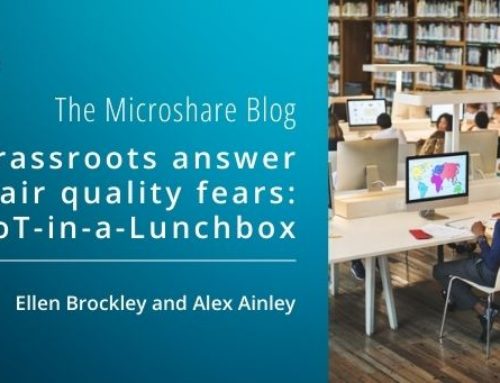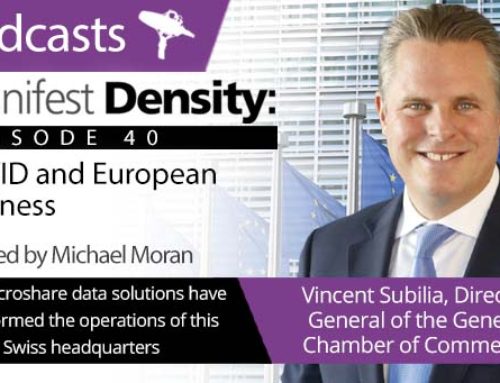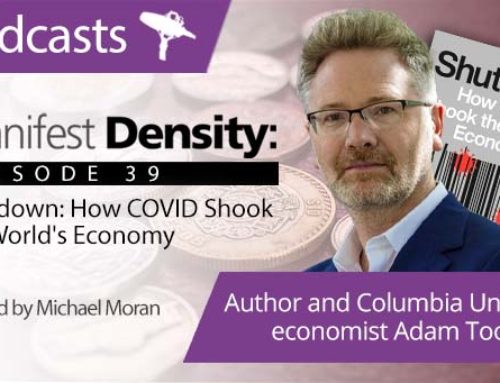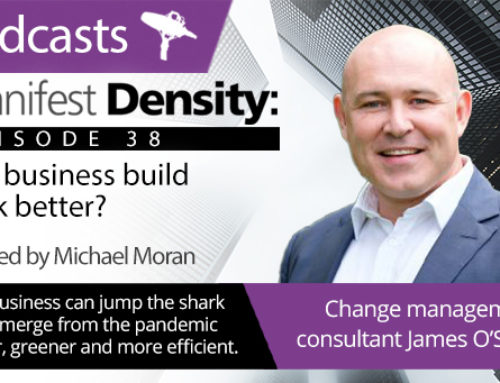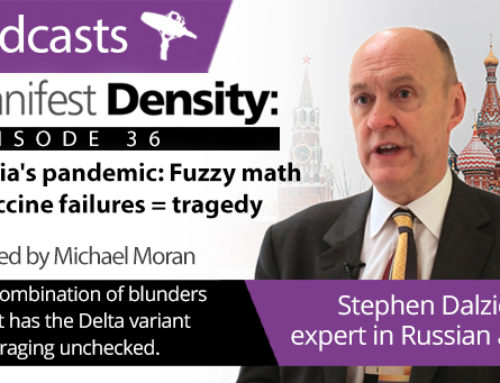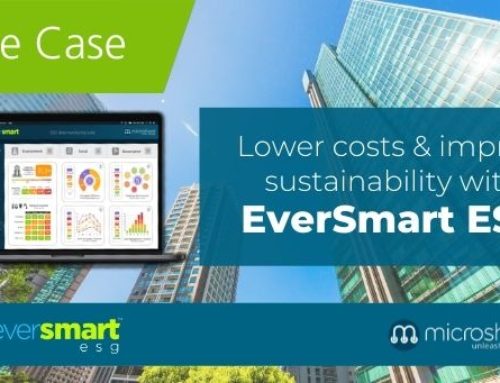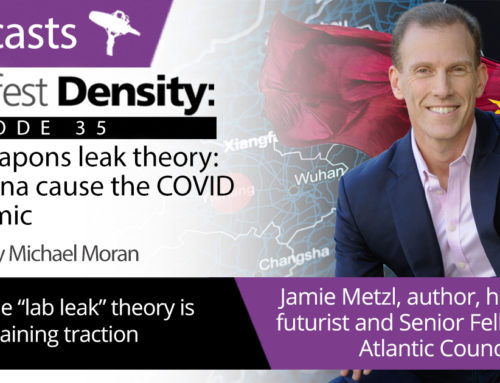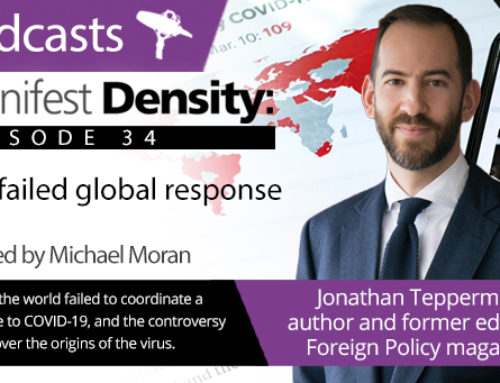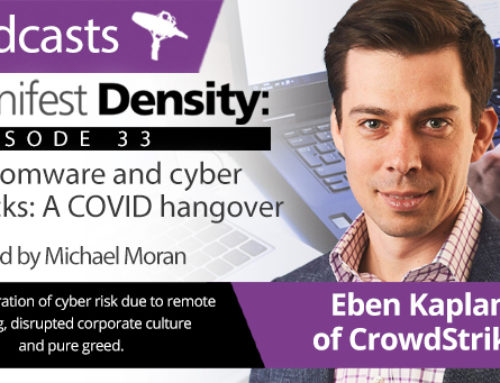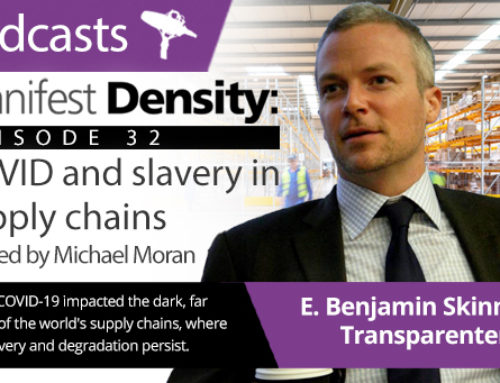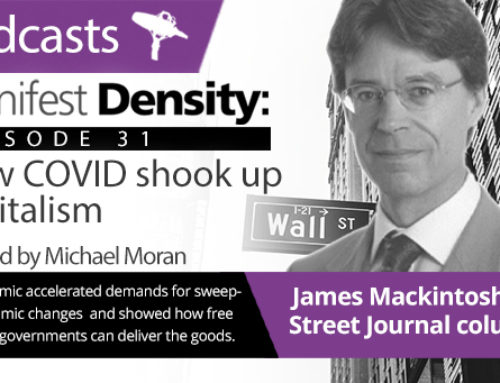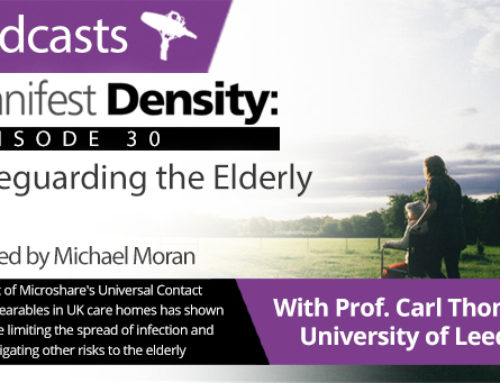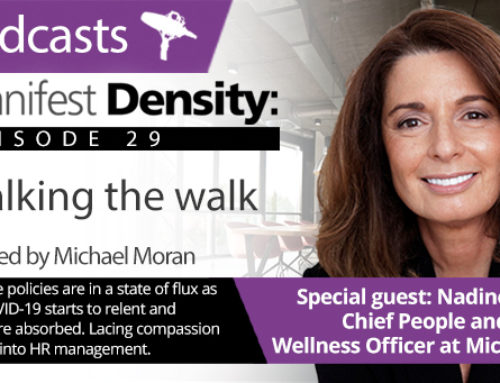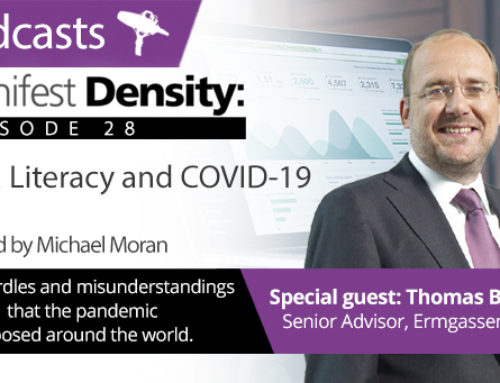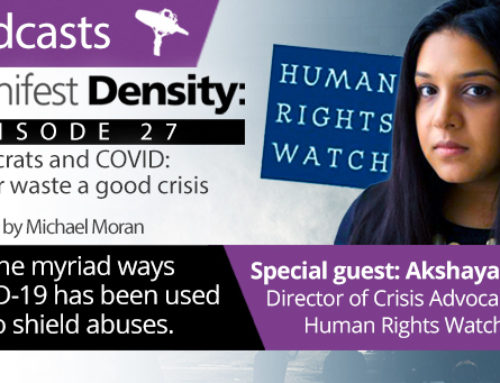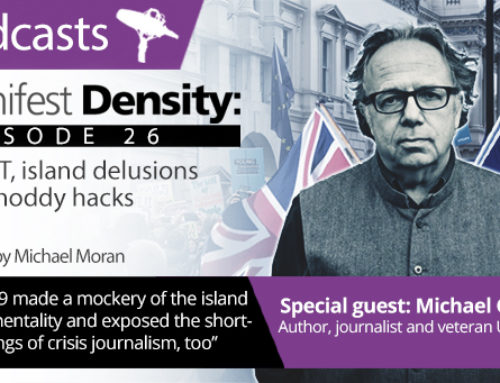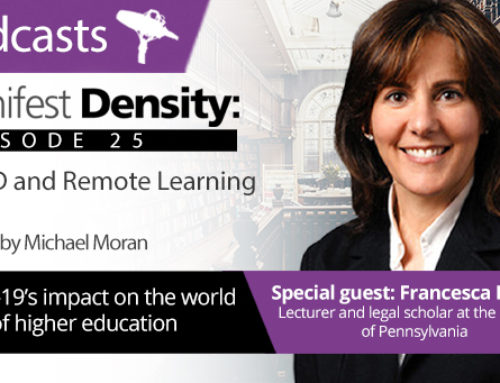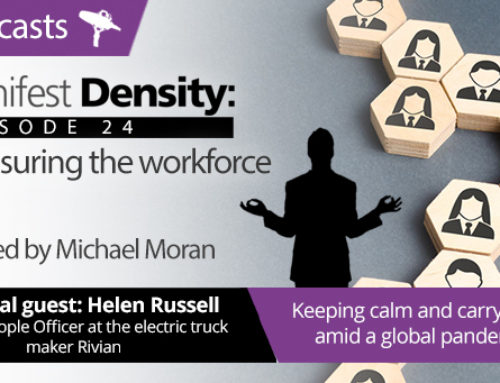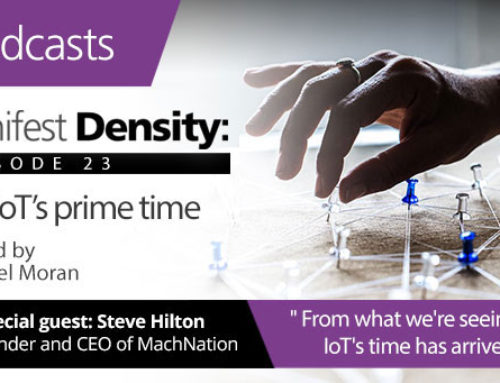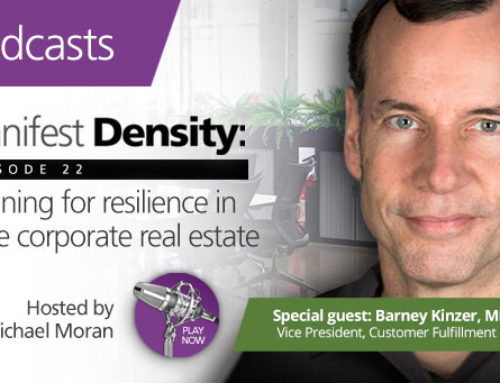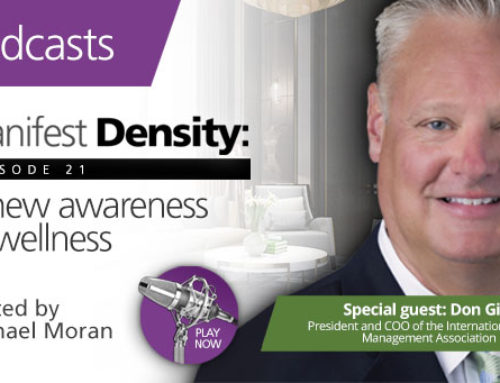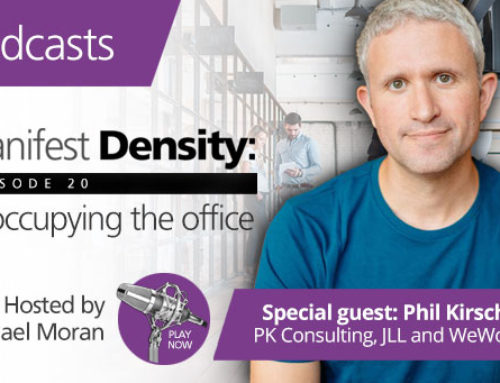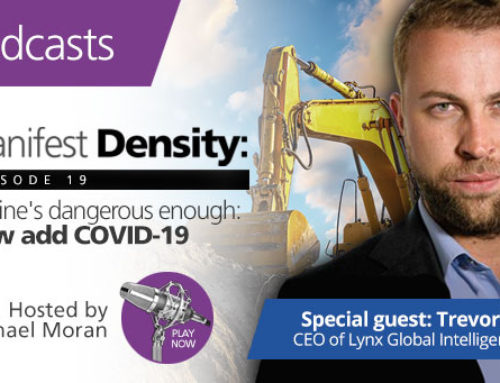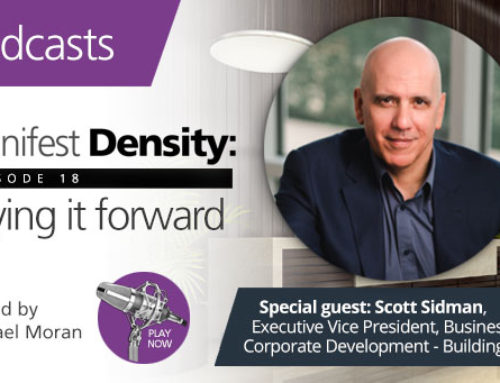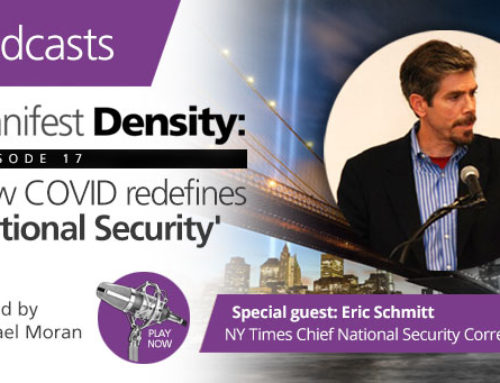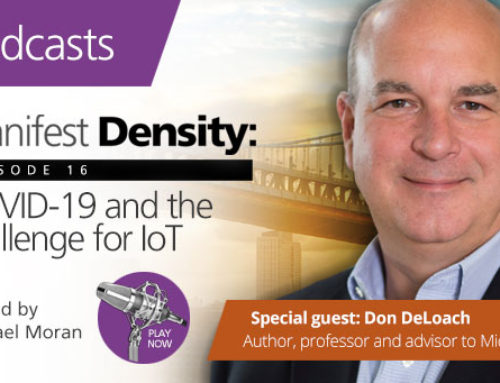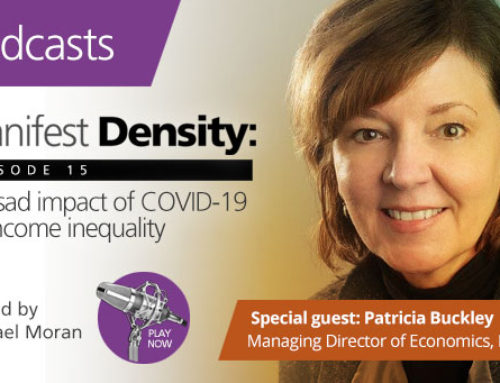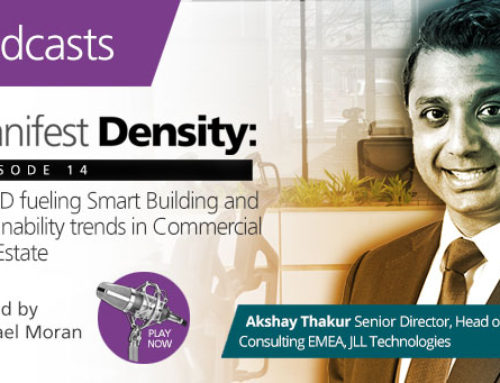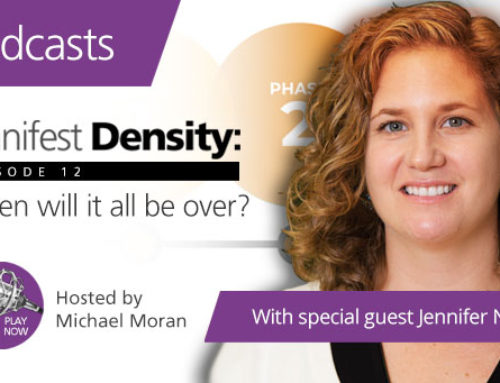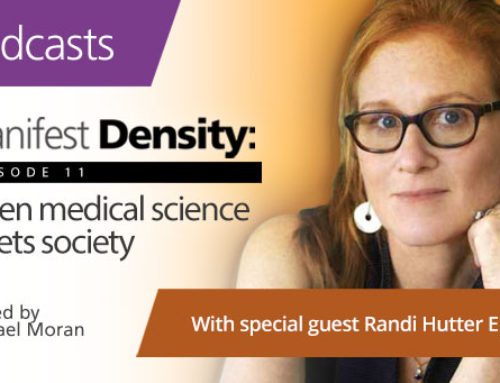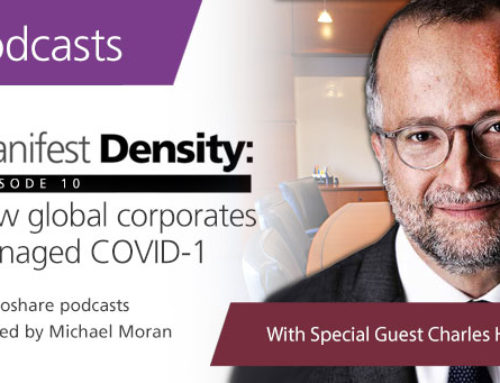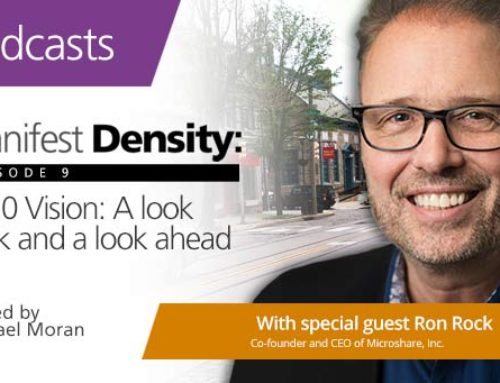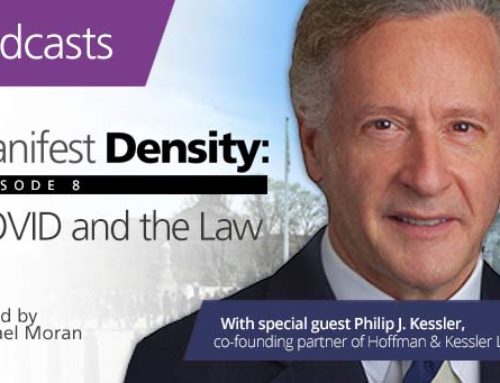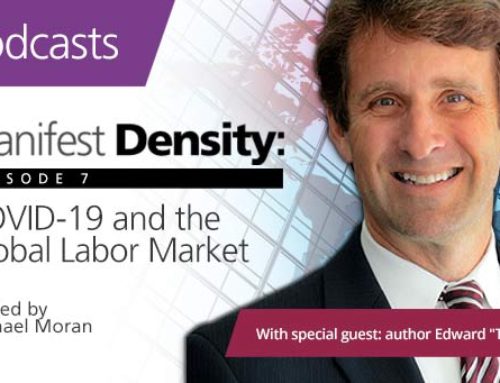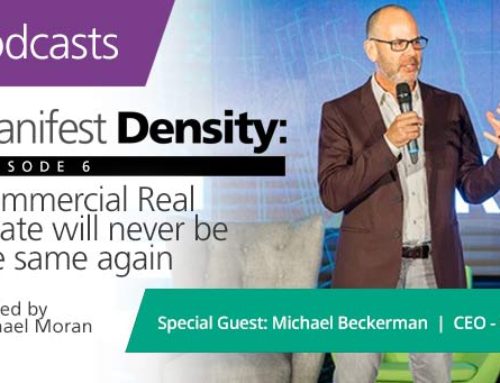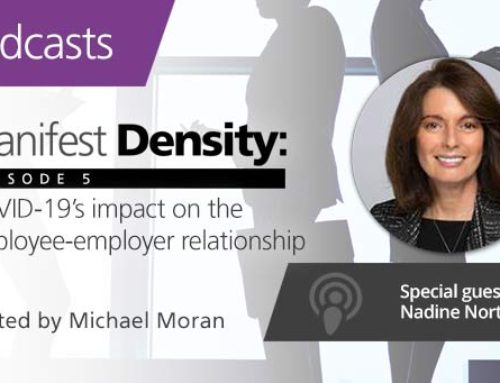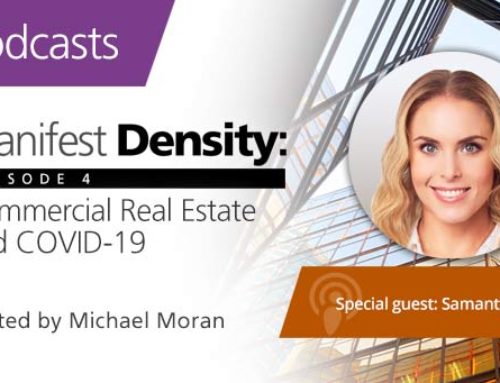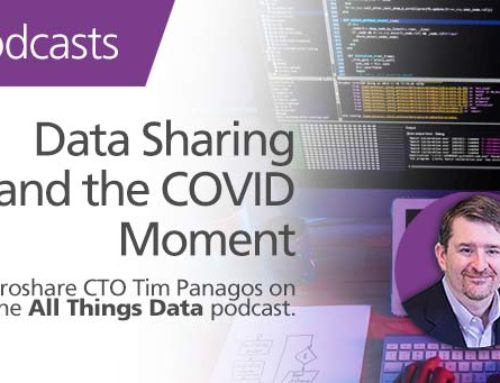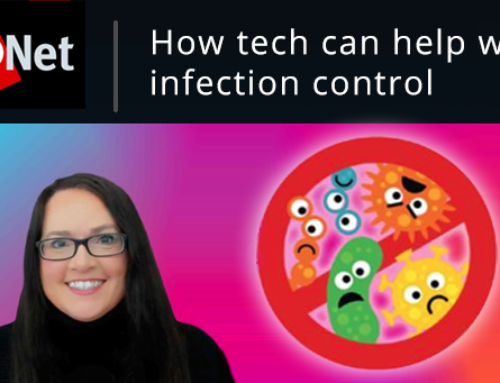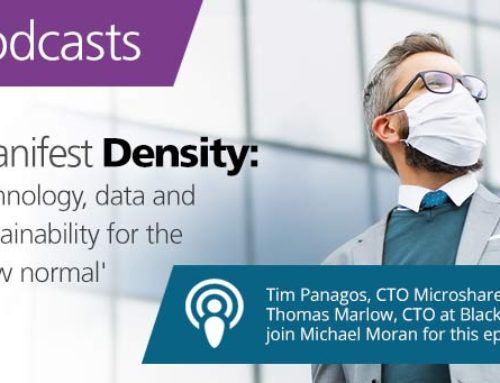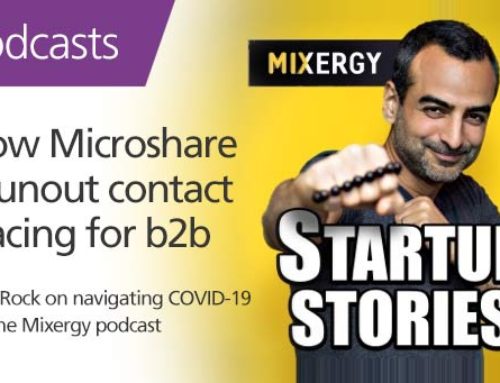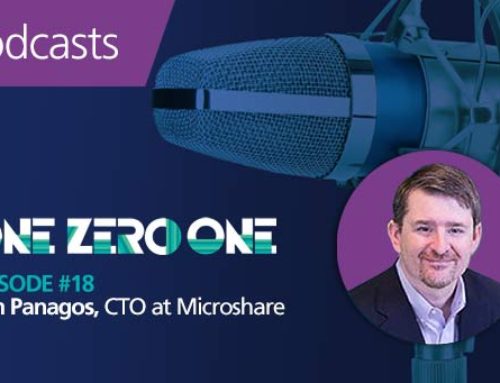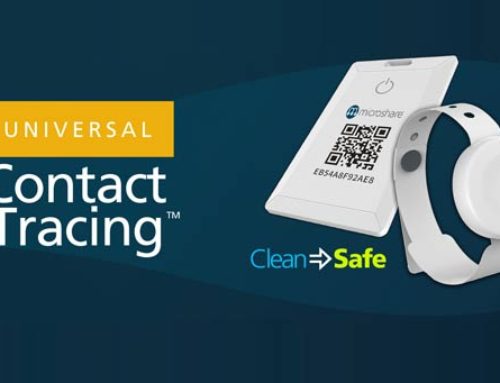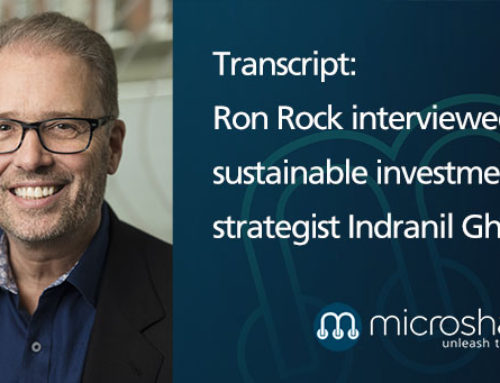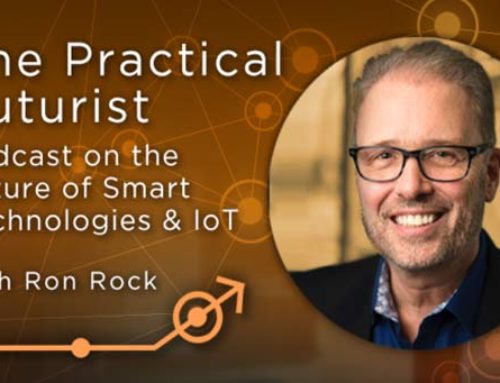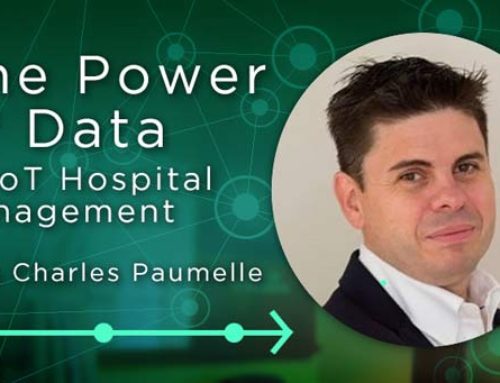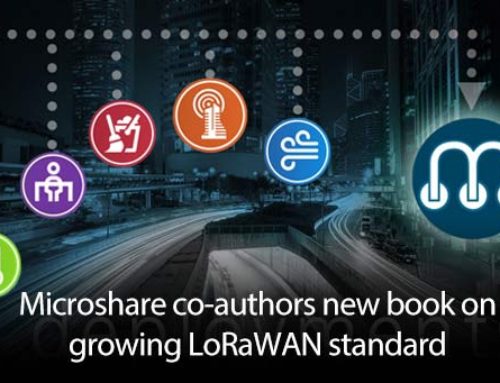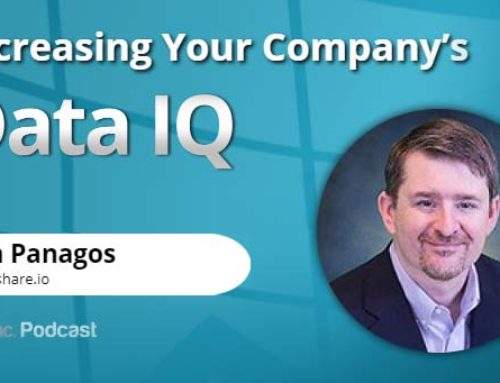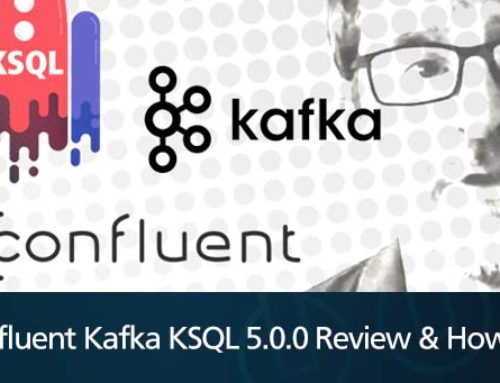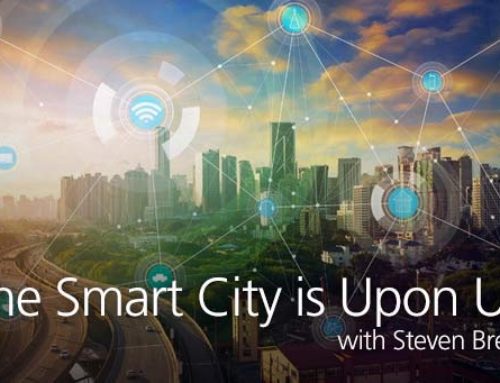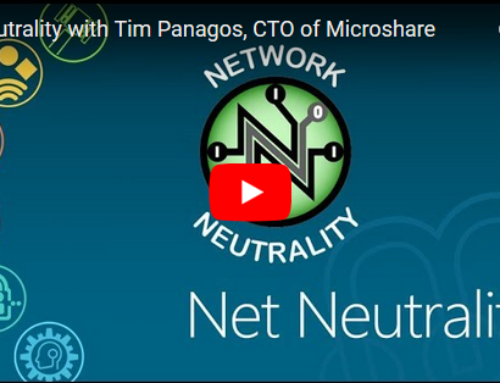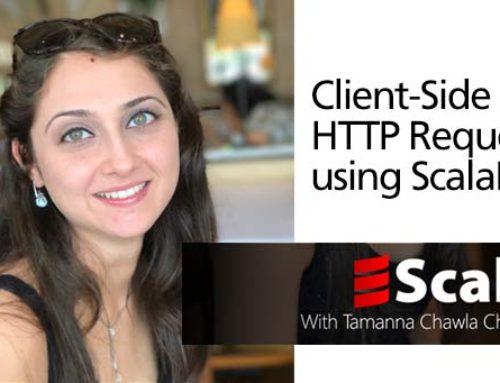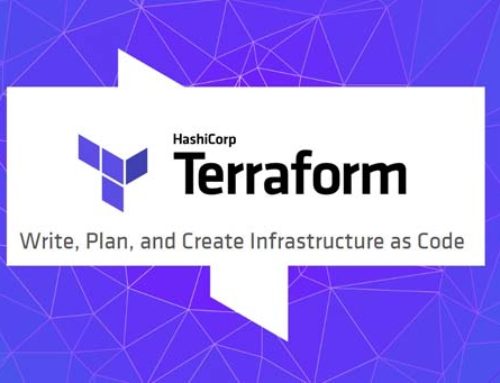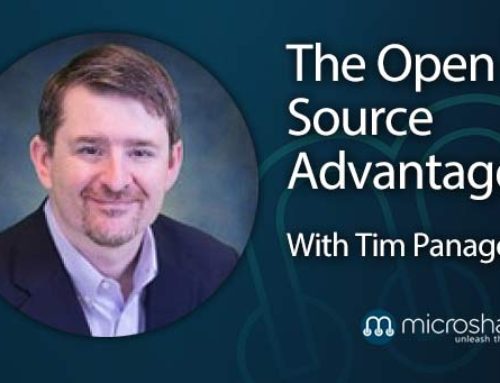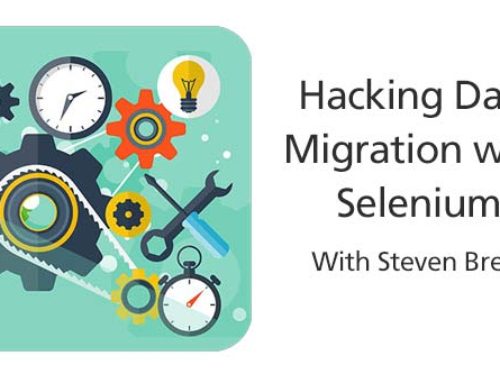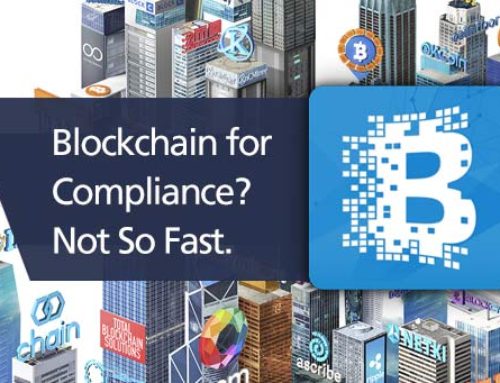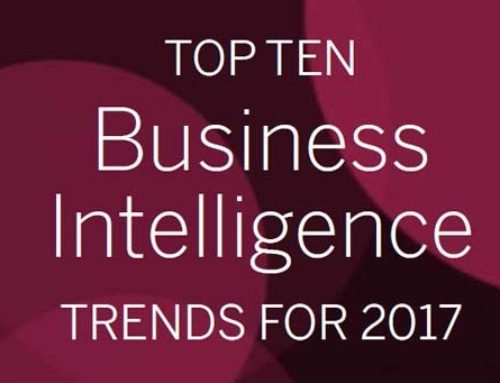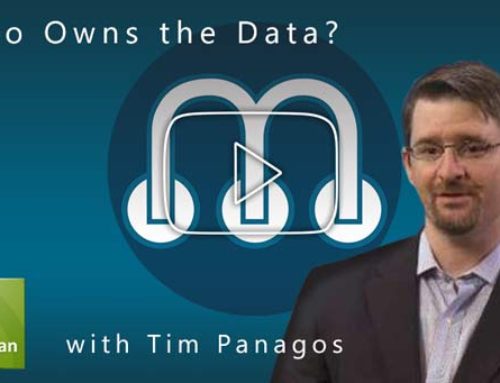Podcast: Data Ownership for Business
. . . and the Business of Data Ownership
Guest: Tim Panagos
Host: Michael Moran
Data is a special kind of commodity, one created by nearly everything humans do these days. Businesses large and small need to grasp the rules governing data ownership, regulation, sharing and sales. Microshare’s Chief Technology Officer Tim Panagos explains the state of the art in this podcast interview hosted by Michael Moran.
Michael Moran [00:00:01] Welcome to the Microshare podcast. This is Michael Moran, and I’m the Chief Sustainability Officer and Director of Communications at Microshare. I am joined today by my colleague and our Chief Technology Officer, Tim Panagos, who is based in Boston. Hi, Tim.
Tim Panagos [00:00:15] Hi, Mike. How are you today?
MM [00:00:17] Very good. Thank you.
[00:00:19] Today we’re going to look at the topic of data ownership in the context of the very complicated commercial real estate space, which, as many of you may know, is really in the process of a major adoption of new technologies across the board, but relevant to us here at Microshare. In particular, IoT sensor-based technologies which helped them provide a kind of vital signs kind of network for an otherwise inert structure, whether it’s a building or a hospital or some piece of infrastructure. So Microshare is deeply involved in that CTO. Mr. Tim Panagos is the man behind the curtain who has really designed the system we use to bring these buildings to life and create the data that is so important for not just efficiency and cost management, but also sustainability. Digital twinning is the term of art for this. So, Tim, really welcome. I’m looking forward to this conversation.
TP [00:01:20] Thank you.
MM [00:01:20] So why don’t we kick it off with something basic? What is different about owning data as opposed to anything else? Its data an asset in the classic sense.
TP [00:01:32] You know, our customers in real estate and facilities management more broadly have very clear understanding of most of the assets they do daily business with. Right. So we’re talking about real estate. So those are clear assets. I’ve got a piece of land. I own buildings. I own furniture within the building. I own vehicles. These are clear, tangible assets in the classical sense. And of course, with any asset that you own, you expect that you have the rights to dispose of that asset. How you see fit. Right. You can destroy it. You can sell it. You can rent it.
[00:02:10] You can derive revenue from it, et cetera. Where this gets weirder is: what about data? Is that an asset as well? In the same way that a plot of land is an asset? Obviously, it’s different in that data is a digital asset. First of all, it’s not a physical asset. So physical assets are hard to replicate, right? They require physical bits and atoms in order to comprise them. So we think of them very differently, I think, then we think about digital. We’re used to saying, well, a digital asset isn’t bits and atoms. And if you watch a movie, that doesn’t mean I can’t watch a movie. It’s a little bit different than, you know, thinking about an automobile or a building. So but I think the real thing about an asset is whether it has value in and of itself and whether it makes sense to say that you can own it or dispose of it. And I think in both of those cases, digital and digital data really is an asset. It has value. It could be bought or sold. It could be rented. It could be disposed of. And it makes sense to increasingly think of the legal rights of people and companies relative to their ownership position and data.
MM [00:03:32] Well, since it’s a digital asset, we’ve established that, why would we be concerned with ownership at all? It seems a kind of nebulous. Isn’t data supposed to be free?
TP [00:03:45] Yeah, it’s a good question. A lot of industries have dealt with this over the last decade. The notion that with the rise of networks like the Internet, it’s been really hard to defend and define the boundaries of ownership with digital assets.
[00:04:06] And you look at what happened with the music industry, with Napster, you look at the movie industry with piracy, you get software being pirated routinely in different jurisdictions that have paid less attention to IP rights. This has been a war that’s been going on in industries that are clearly digital. But as we see the forefront front of that war increases over time, we’re now starting to see the ripples of this kind of conflict on these questions and more traditional what would be normally thought of as a non-digital industries like real estate. But, you know, what this really amounts to is, you know, in intro you talked about digital twinning, right? Taking data that represents the current and historic state of my physical assets, be that my building or the people within it, that data has a lot of value.
[00:05:11] It has negative value in the sense that it would hurt me in my business if somebody got improper access to the data. And it also has positive value. So if I had access to that data or I could make that data available to people, they could save money, they could generate new revenue. They could operate more effectively or efficiently. So there’s value in that data on the positive and negative side. So I think increasingly it’s going to matter first in the negative sense that people are worried about data loss. But I think increasingly the real horizon for all of this is what’s the positive value of the asset? What can it do for me both operationally? Can it save me money? Can it make me money in my day to day business?
[00:05:55] But even beyond that can then become a data stream in itself, because I happen to participate in an ecosystem that can use the information that I’m generating for their own purposes that have no interference with my primary purposes. And that is where we really begin to think about, hey, data isn’t just transactional information flying back and forth and air and really because come something that makes sense to think about training. And I think that’s where it gets real concrete for people to think about it being valuable.
[00:06:26] So in the context of commercial real estate, you’ve got you’ve got people who own buildings. You’ve got people who rent space in buildings. You’ve got people who transit the buildings. And you’ve got companies that run and maintain and service and clean and cool and heat the buildings.
MM [00:06:44] So is it always clear who owns a given piece of data that is generated in a building like that?
TP [00:06:51] No, no, it certainly isn’t. Because really what we’re dealing with is a very collaborative ecosystem. And it’s not the only collaborative ecosystem, but it is a very clear example of a really diverse and networked, collaborative ecosystem where it’s very routine to have a building owner engage with facilities management to manage the property. You in a commercial scenario, you have multiple tenants for a given building being served by the facilities management, living in the building, owned by the build. The owner of an often contracted for things like cleaning or security and living in different jurisdictions where there are different regulations and governed and protected by different, you know, fire protection schemes. Right? So there’s all of these different entities that our customers interact with on a daily basis, and all of them are consumers and generators of data with a Iot context. But what we generally are dealing with Microshare is that all of them might be possessing or deploying sensors to collect more and more data. And it feels pretty natural that if I own the sensor and I put it in my building, I must own that data.
MM [00:08:10] Right.
TP [00:08:10] Well, you know, when you really think about it as that overlapping Venn diagram of interactions, well, if it’s not your building in the first place, just because you put a sensor in it, does it mean that you own the data that comes from it or is it really the person who owns the underlying asset you’re measuring? And then you complicate that with regulations that you see now coming out in Europe, which GDPR (General Data Protection Regulation) and lately in California (CCPA) that are giving individuals really unprecedented rights to data that involves them in some way.
[00:08:46] And so you might not even be thinking about it, but as the employee sitting at a desk in an office building rented by a tenant managed by facilities company, does that employee have access or does the customer who comes into the retail space also have ownership of the data? And there are some regulations that say it really does. So it’s absolutely is a web that’s quite confusing because at the moment we live in a world where anybody can carry a sensor. Anybody can deploy a sensor. But we have this in overlapping sort of interest in the data that’s collected by those individual sentences.
MM [00:09:22] So I can see how this might play out in a in a in a facility among the various stakeholders. I mean, just think about, you know, anytime you go and rent something or rent an apartment, one of the natural questions you ask is, well, how much does it cost to heat this place. So that’s data that the building owner has. The tenant probably has. Right. And the utility company has you know, who has the right to say. I mean, if you’re if you’re a big corporate headquarters renting. Five floors of a major building and building, all that gives you your utility bill away. That has some reputational risk to it. So who owns that? So how do you manage that multiple ownership dilemma?
TP [00:10:06] Yeah, it’s a you know, honestly, Mike, I never really thought about it that way. But knowledge is a kind of data. Right. And what we’re talking about is a systematized, encoded kind of knowledge. We’re talking about the data we’re transacting. But I think it’s I think it’s a great way to phrase it. Right. If three of us know something. Do any of us have a unique claim on that knowledge? Can any of it share with our associates? Can I whisper to my wife but not my broker, you know? And there’s some human instincts, I think, that kick in or cultural norms that would guide us to know, hey, you know, maybe this knowledge is held in confidence and I’m not really intended to pass it on. But surely you wouldn’t mind if I shared it with my wife, but probably would if I if I shared it with a competitor that I play racquetball with.
[00:10:54] I think data is very similar to that. That if but it’s a matter, I think, of precision and volume that really make the idea of knowledge pale. Just the I think it costs about one hundred dollars a month is knowledge, but the detail payment stream of every month for seven years. That is very precise data to comprise that knowledge. I might get you into the same rough space, but it’s certainly it’s certainly a higher order of information. And I think, you know, some of the same logic probably applies. But what I care if I shared that with my wife, probably nobody cares what you got to do with that data. But if I start sharing it with competitors, that that probably would be offensive. So I think, you know, we’ve got to be digging beyond our sort of natural human cultural expectations to probably apply common sense. And in the interim, I think one of the things that’s lacking is, you know, enough deep thought in the industry to begin to do a little bit better than just common sense. Now, what should go into your lease? What should be going into your agreements with insurance companies? What should be what should be the legal norms that we establish that give it a little bit more teeth and make it much clearer? Right now, I don’t think any of that sort of corpus is typical in the real estate space.
MM [00:12:28] So we have at Microshare a unique vantage point, here. We’re in many ways we’re out over the sector’s skis in these issues and deploying into a major facility management in multiple jurisdictions around the world. What are we learning and how does our technology help us manage these issues?
TP [00:12:50] Well, you know, I think you said the key thing in your last question, which was I think, first off, you have to recognize that in the modern world there is no piece of data that has a single clear owner. And if you allow for the idea that any piece of data can actually have multiple owners, then that might be legal, contractual or moral owners. So there’s all this kind of different ways that somebody could be annotated as an owner. But if you think about it from that perspective, then every owner would really be allowed to establish their own policy relative to disposition of data. What am I comfortable with in terms of sharing that information? And so, you know, that simple notion is what we have brought forward a technological space to make it possible to store data in a way that is very smart to the myriad different potential owners that exist for any given row in a spreadsheet. And what that allows us to do is be very fluid and flexible with transacting around this information, making it available through the ecosystem without violating either the league or contractual or moral restrictions that we would put on that information. Now, sometimes it’s hard to pin that policy down, but the first step is we’ve got to be able to annotate the data technologically so that we know there’s multiple owners. There’s a whole field of thought about how you actually pin that down and then you have a shot at being able to say, all right, well, now that I know that there’s multiple owners of this, how do I then go evaluate their intent relative to data sharing? And if you’re able to do that, though, what you’re able to really unlock is the value of fluid. Information exchange that can really lubricate an ecosystem and make it more efficient. And if it’s more efficient, you’re going to get lower costs. You’re going to get higher comfort, better tenant satisfaction. You get more out of your physical assets because you know more about them. And, you know, the absolute key, I think, in my mind is allowing businesses to take advantage of this. You know what? What is often kind of bandied about as digital transformation, but you’ve got to be able to do it in a way that doesn’t create the additional risk of, you know, frankly, running afoul of a privacy lawsuit or a regulatory fine if you’re operating in Europe.
[00:15:30] All those are very real problems that could come up around data. But there’s so much societal and business good in the information. Like, as you said, I think the society almost would rather think of the data as being free because there’s so much value in exchange, there’s so much value in the sharing. But, you know, at the same time, we’ve got to respect rights and there’s some sensible, just commonsense policies that need to be applied. So technologically, we want to mix all those things together and build systems where it’s not so hard to establish your policy. And guess what? It’s not hard to change it on an ongoing basis. So as you get smarter about it, your customers get smart about it. As tenants, as the consumers, as the jurisdictions you do business, generate more regulations or cultural norms. It’s not hard to change because the one thing’s for sure is we are only really just at the forefront of understanding what these real legal and cultural norms should be around data sharing. So for me, it’s really been about, hey, looking at how the ecosystems really work in practical terms and facilities management, you know, how land owners and facilities managers and tenants and transmitters I think is what you call them, people who come in and out of properties or interact in any way. How do they contribute data? How do they consume that data to do better in their daily work? At the same time, not get us into trouble and do what? What you would feel comfortable telling your mom you do at the end of the day, right to do to be a moral and just consumer of data.
MM [00:17:07] Well, Tim, there’s certainly much to be much to come in terms of the evolutionary process here. But thank you very much for sharing your insights on this and your unique perspective.
TP [00:17:19] Of course, thanks for the questions.
[00:17:20] Join us for the next Microshare podcast, Microshare is your data-as-a-service provider and a thought leader in the space of IoT enabled facilities management. For now, this is Michael Moran. Goodbye.


